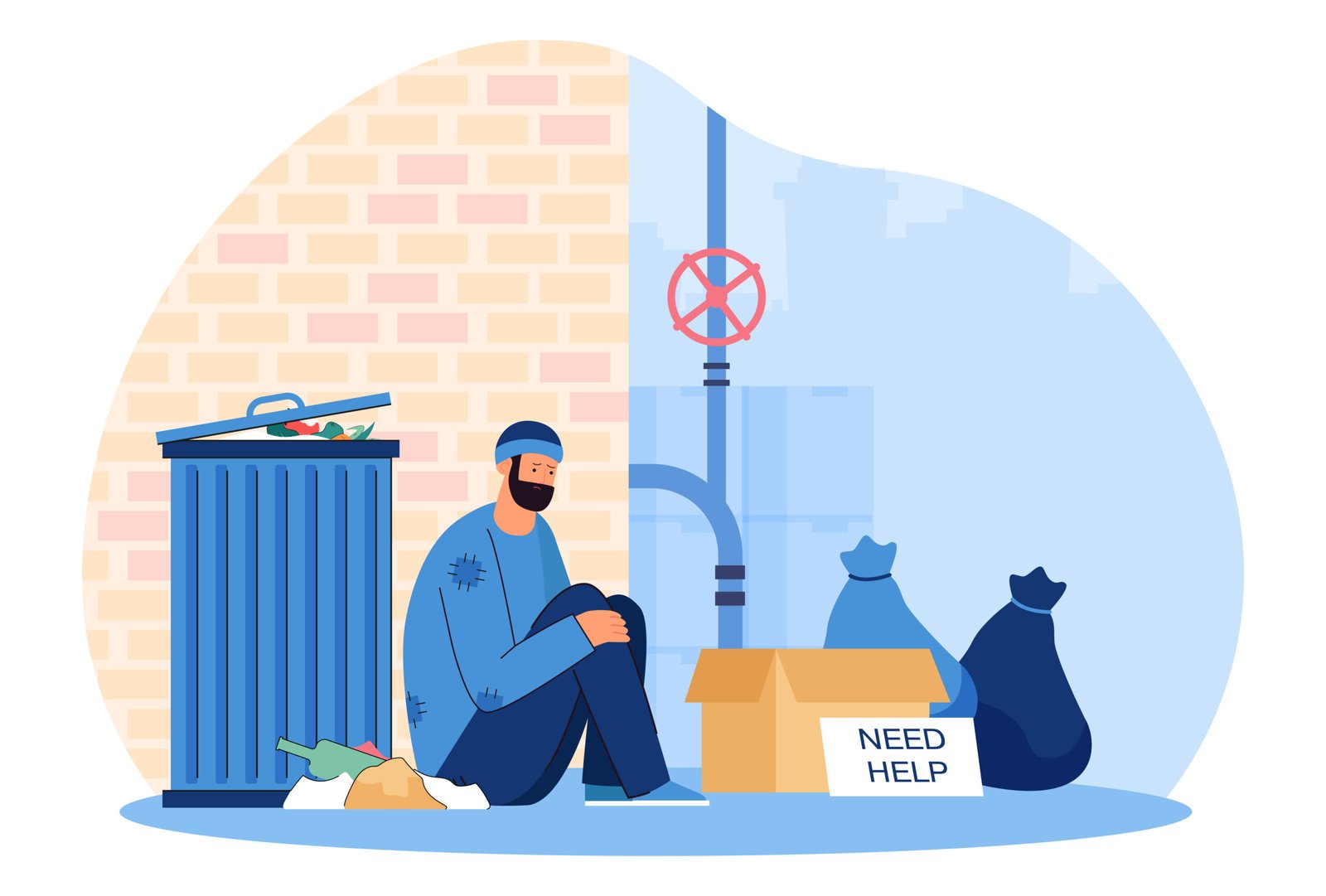Early retirement is a dream for many, and in Canada, it’s an achievable goal with the right financial planning and lifestyle adjustments. Whether you’re aiming to retire at 55, 50, or even earlier, understanding the steps and strategies required is crucial. This guide will walk you through every important aspect of early retirement in Canada, including how much money you’ll need, strategies like the FIRE movement, and considerations for your Canada Pension Plan (CPP).
What Is Early Retirement in Canada?
Early retirement in Canada means exiting the workforce before the traditional retirement age of 65. Many people associate retirement with relaxing and traveling, but when you retire early, you’ll need to carefully plan how to maintain your lifestyle for decades without relying on work income. Typically, early retirees in Canada aim to leave their jobs between the ages of 50 and 55. However, some people inspired by the FIRE (Financial Independence, Retire Early) movement even retire in their 40s.
Early Retirement Age in Canada
The most common early retirement age in Canada is 55. This is often because many workplace pensions allow employees to start receiving benefits at this age. While 55 may be the traditional early retirement age, it’s not the only option. Canadians who have saved aggressively can retire as early as their 40s or early 50s. Retiring at age 60 is also popular for those wanting to bridge the gap before they can collect full Canada Pension Plan (CPP) and Old Age Security (OAS) benefits.
Early Retirement at Age 55 in Canada
Retiring at age 55 is one of the most common early retirement goals for Canadians. Many pension plans, particularly in the public sector, allow employees to retire with partial benefits at 55. At this age, you’ll need to plan how to cover your expenses for at least a decade before you become eligible for CPP at age 65. This means you will need to rely heavily on personal savings, investments, and any pension income.
CPP and Early Retirement
When considering early retirement in Canada, understanding how the Canada Pension Plan works is critical. You can start receiving CPP as early as age 60, but there is a catch: the earlier you start, the smaller your monthly benefits will be. For each month you take CPP before your 65th birthday, your payment decreases by 0.6%, which can add up to a 36% reduction if you start at age 60. Therefore, it’s important to factor this into your early retirement planning, especially if you plan to rely on CPP as a significant source of income.
Early Retirement and FIRE
The FIRE movement, which stands for Financial Independence, Retire Early, has gained popularity in Canada. This approach advocates for aggressive saving and investing to reach financial independence as quickly as possible, often by age 40 or 50. Followers of the FIRE movement typically aim to save 50% or more of their income and invest it in a diversified portfolio. Once they’ve accumulated 25 to 30 times their annual expenses, they feel confident enough to retire early.
What Is the Best Age to Retire in Canada?
There is no one-size-fits-all answer to the best age to retire in Canada. It depends on your personal financial situation, lifestyle goals, and retirement plans. The traditional retirement age in Canada is 65, but early retirement is becoming more common. If you have enough savings, pensions, or investments to sustain your lifestyle, you can retire earlier, as many do at age 55 or even younger. The best age to retire ultimately depends on when you feel financially secure enough to stop working.
How Much Money Do You Need To Retire Early?
One of the most important questions to ask yourself when planning for early retirement in Canada is: How much money do you need to retire early? This depends on your spending habits, lifestyle, and expected retirement duration. A general rule is to aim for 25 times your annual expenses, also known as the 4% Rule, which allows you to safely withdraw 4% of your savings each year without running out of money. For example, if your annual expenses are $50,000, you would need $1.25 million saved to retire early.
Another approach is the 70% Income Rule, which suggests that you should aim to have enough income in retirement to cover 70% of your pre-retirement earnings. For example, if you earn $80,000 per year while working, you would need approximately $56,000 in annual retirement income.
How to Retire Early in Canada
Retiring early in Canada requires a clear financial plan and disciplined saving. Here are some steps you can take to make early retirement a reality:
- Start Saving Early: The earlier you start saving and investing, the more your money can grow through compound interest.
- Maximize RRSP and TFSA Contributions: Take full advantage of tax-advantaged accounts like Registered Retirement Savings Plans (RRSPs) and Tax-Free Savings Accounts (TFSAs).
- Invest in Growth Assets: Consider investing in stocks, real estate, or other high-growth assets to maximize returns.
- Live Frugally: Reducing your living expenses now means you’ll need less income in retirement.
- Increase Income Streams: Supplement your savings with side hustles, rental income, or dividend-paying stocks.
Benefits of Early Retirement in Canada
Early retirement in Canada offers a variety of benefits, including more time to pursue hobbies, travel, and spend time with loved ones. It also provides the opportunity to step away from the stresses of work and enjoy life on your own terms. With early retirement, you can prioritize health, family, and personal growth without the constraints of a job.
Downsides of Early Retirement in Canada
While early retirement sounds appealing, there are some potential downsides. Retiring early means you’ll need to plan for a longer retirement, which could last 30 years or more. This requires a significant amount of savings and careful planning. Additionally, healthcare costs could become a major expense, as you won’t be covered by employer benefits. You may also face reduced CPP benefits if you start collecting them early. Finally, some early retirees struggle with the loss of purpose or social interaction that comes from leaving the workforce.
Early Retirement in Canada FAQs
Here are some common questions about early retirement in Canada:
1. Can I Retire at 55 in Canada?
Yes, it is possible to retire at 55 in Canada, especially if you have a solid financial plan, enough savings, and pension benefits. However, you must plan for several years before accessing CPP or OAS benefits.
2. How Much Do I Need to Save for Early Retirement in Canada?
A good rule of thumb is to save 25 times your annual expenses. For example, if your yearly expenses are $50,000, aim to save $1.25 million.
3. What Is the 4% Rule for Early Retirement?
The 4% rule suggests that you can safely withdraw 4% of your retirement savings each year without running out of money throughout your retirement. This is based on the assumption that your investments will grow over time.
4. What Are the Benefits of Retiring Early in Canada?
Early retirement allows you to pursue your passions, travel, spend time with family, and enjoy life without the stress of a job. It also allows for more control over your time and priorities.
5. What Are the Downsides of Early Retirement in Canada?
Potential downsides include needing a larger retirement fund to cover a more extended period, reduced CPP benefits, and healthcare costs. Some retirees find it challenging to fill their time meaningfully after leaving work.
Conclusion
Early retirement in Canada is an achievable goal for those who are disciplined about saving, investing, and planning. By considering factors like the right age to retire, CPP, and the FIRE movement, you can create a path to financial independence that allows you to retire on your own terms. Whether you aim to retire at 55 or earlier, the key is to stay focused on your financial goals and adapt your strategy as needed.






One thought on “Early Retirement Canada”